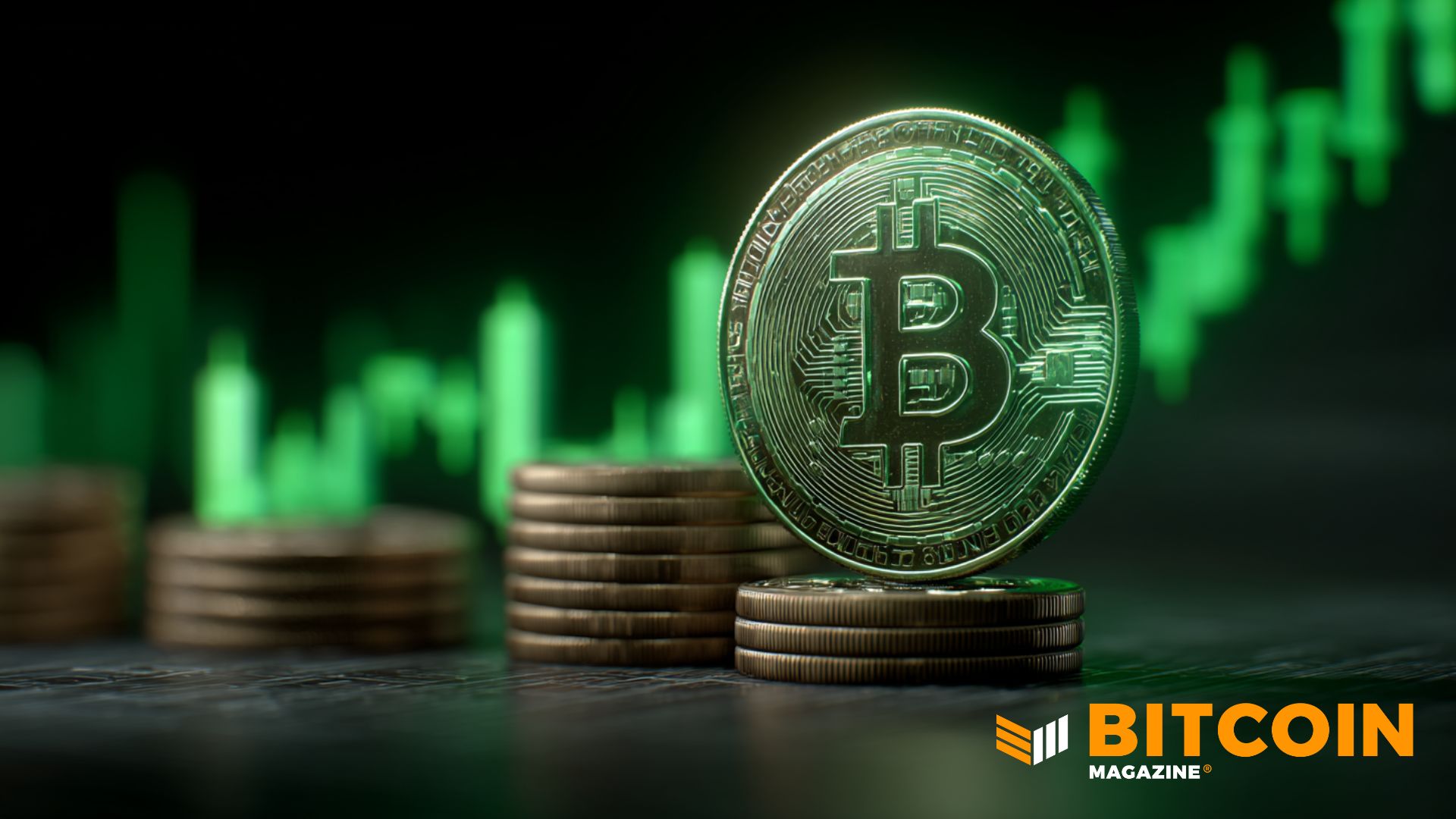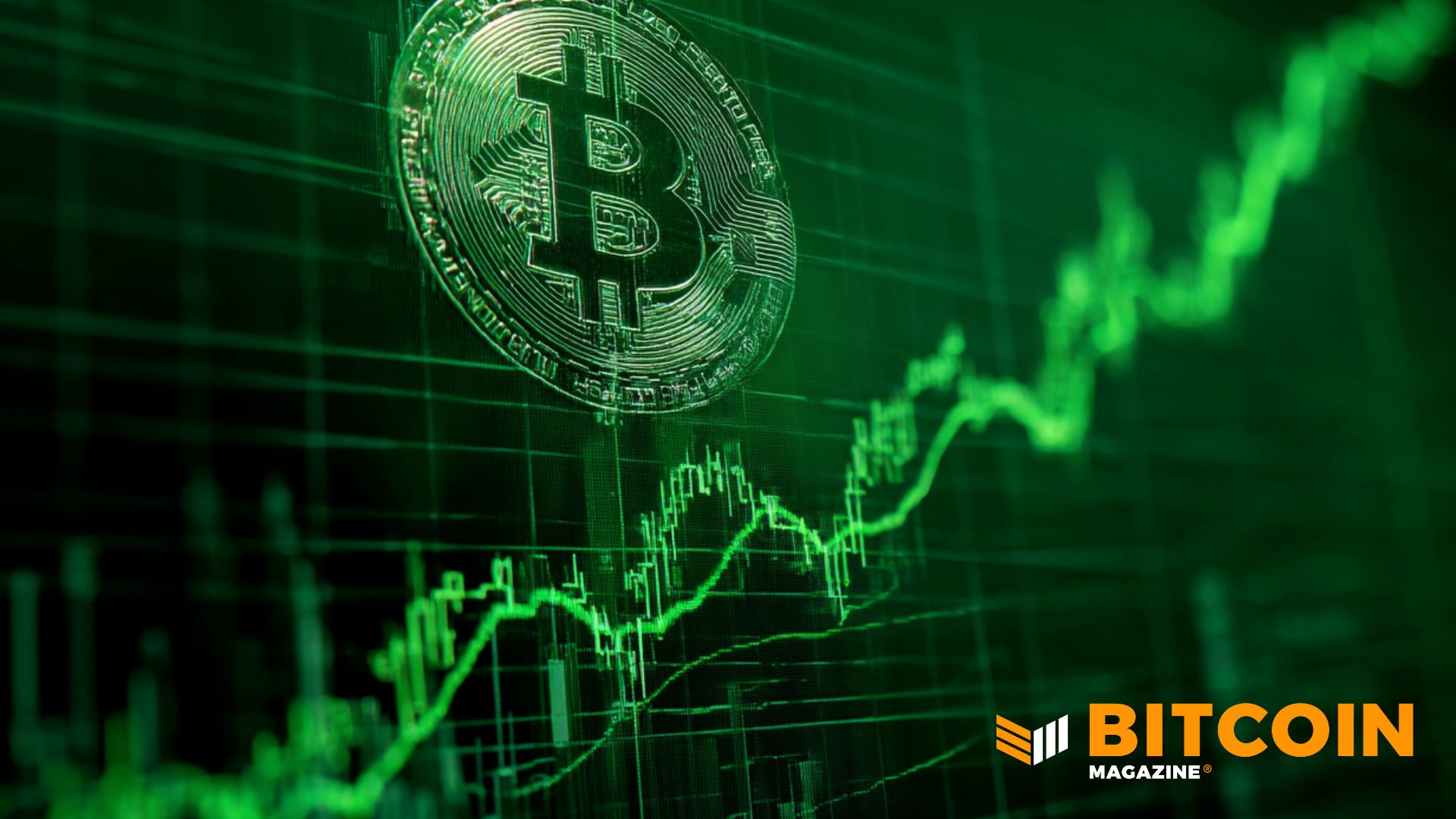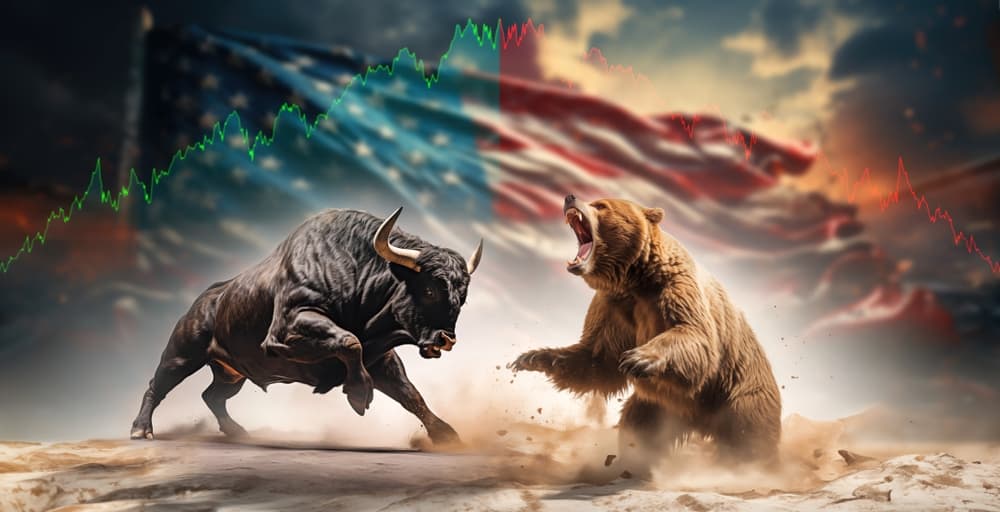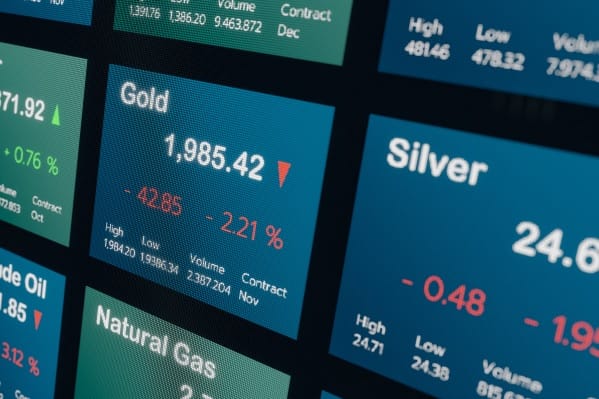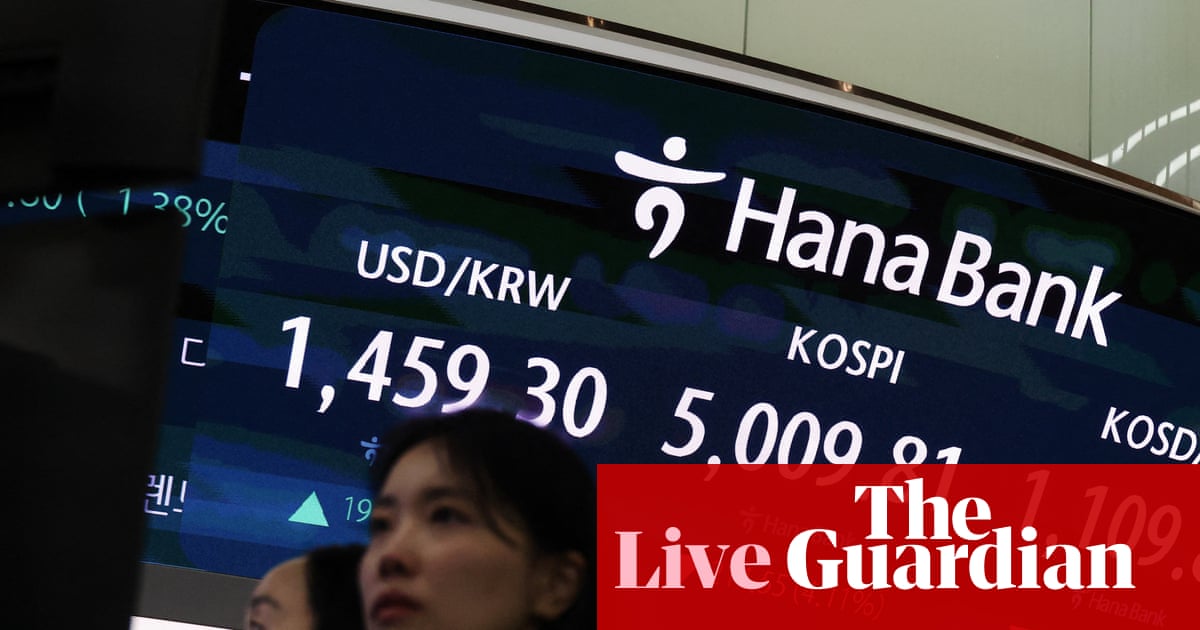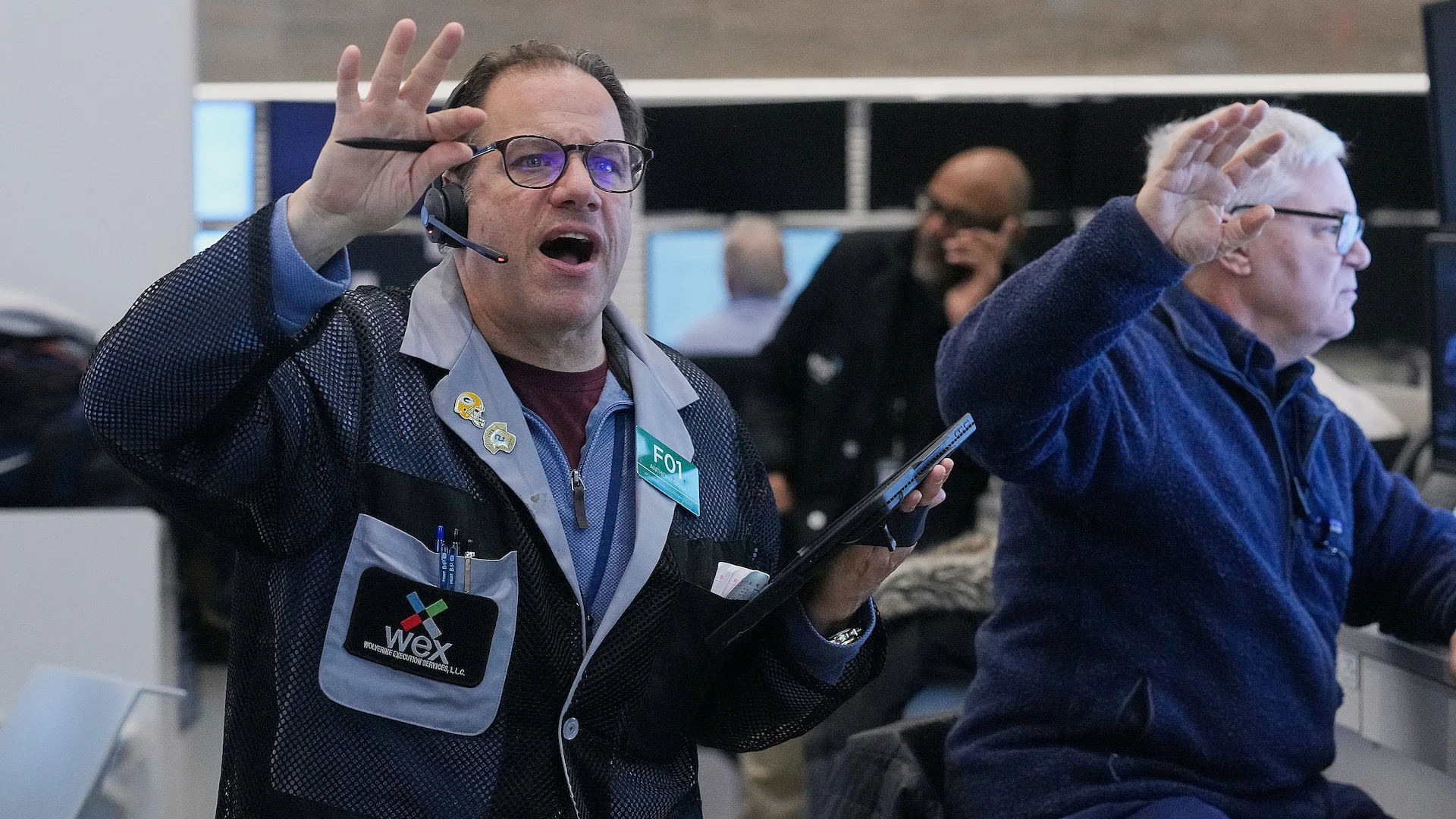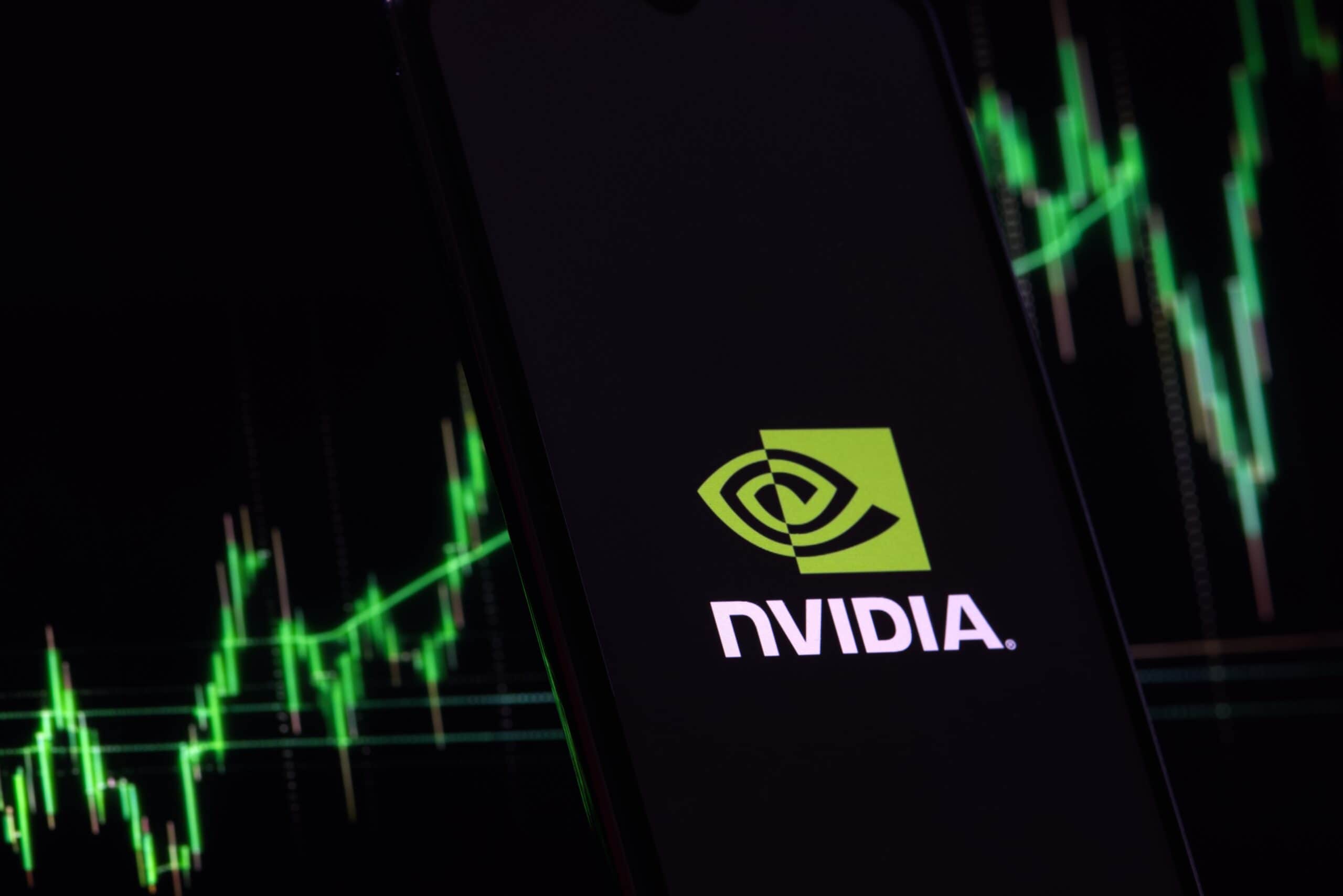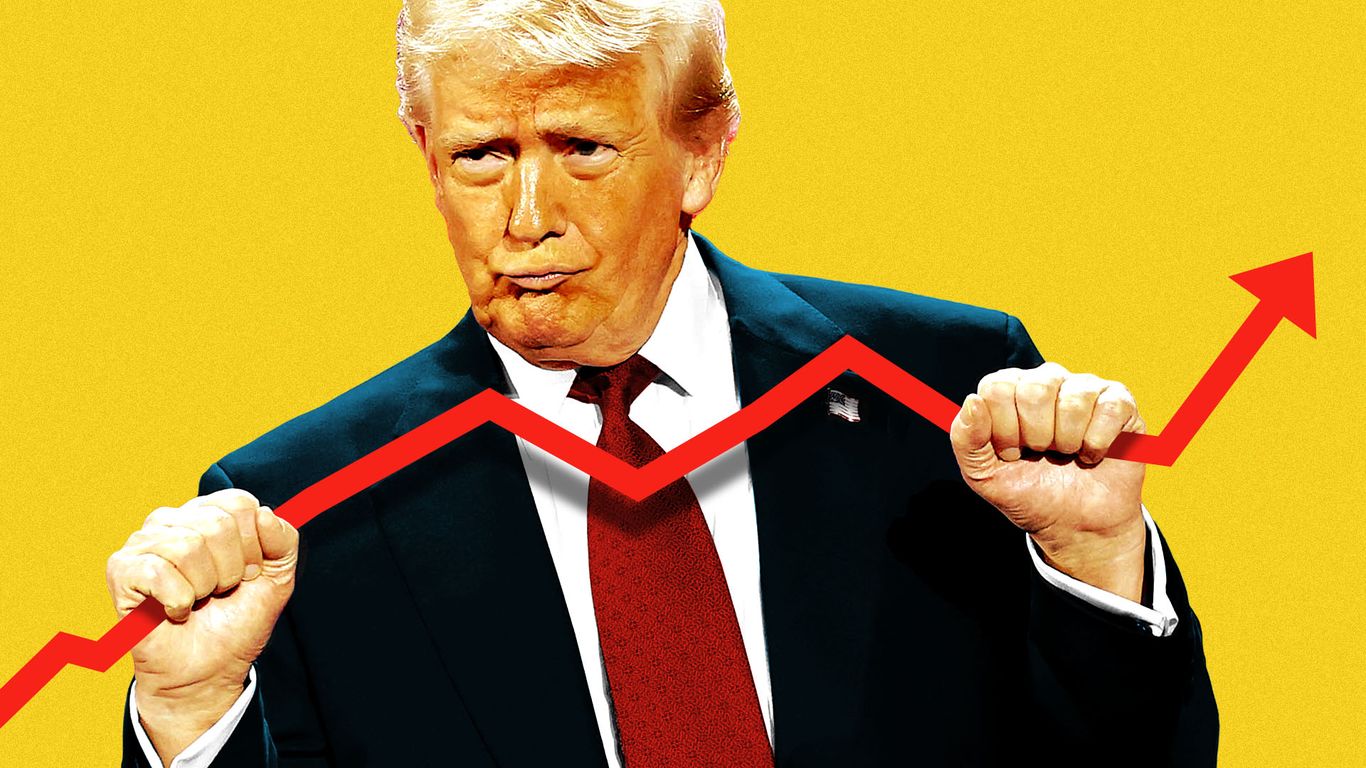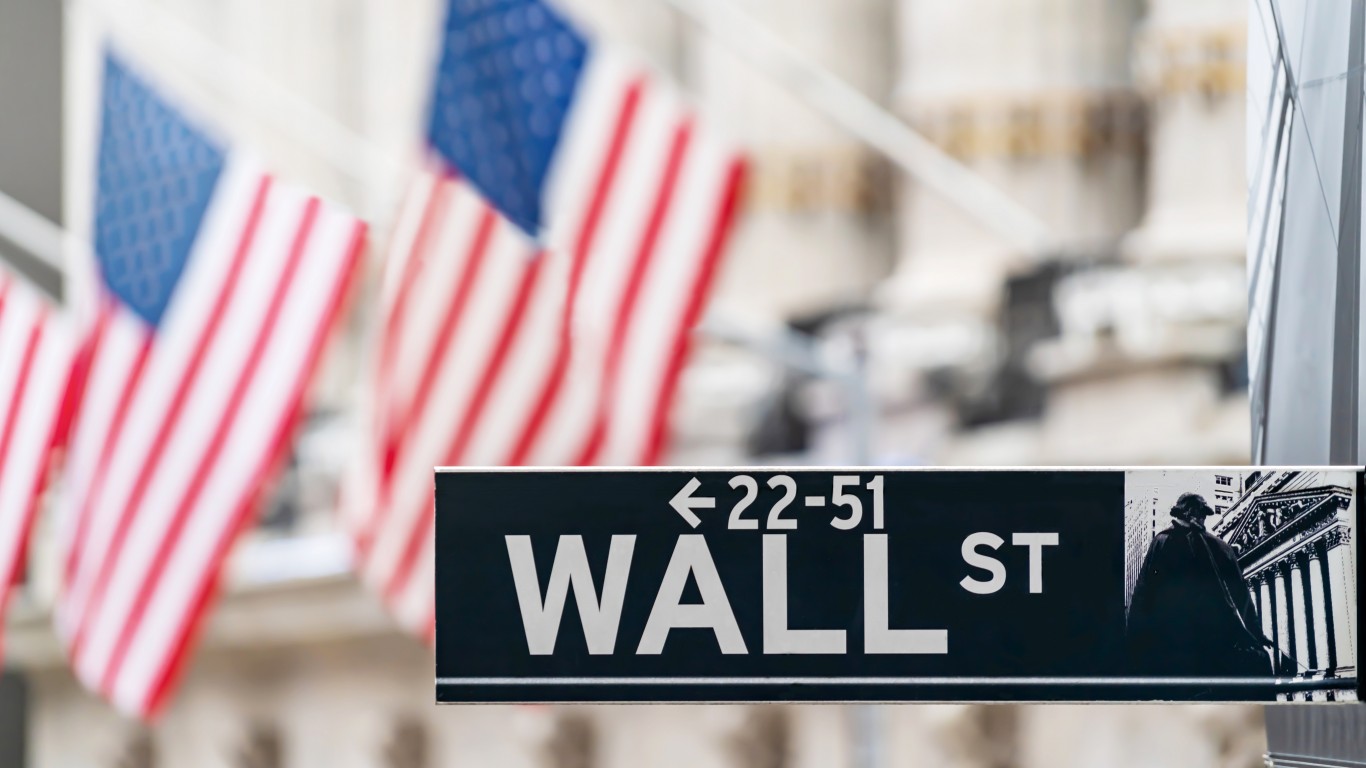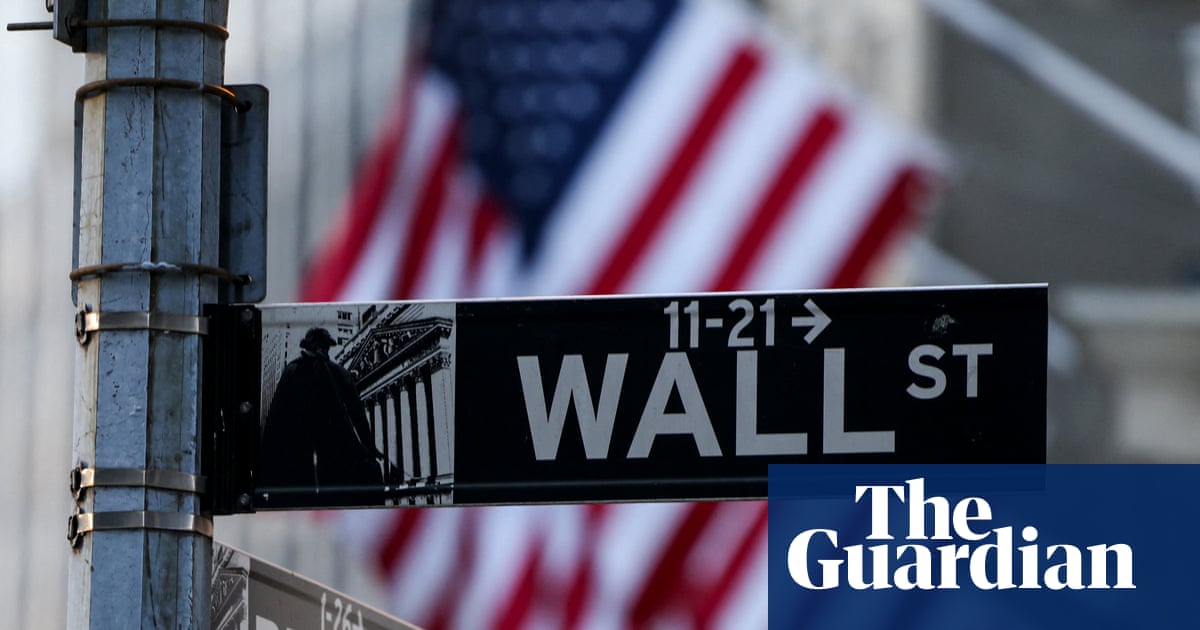from24/7 Wall St.
1 day agoLive Nasdaq Composite: Hard-to-Please Markets See Glass Half Empty
Market volatility is high, with the VIX index up 5% in today's session. The latest inflation data came in better than expected, offering what should become relief for markets. Consumer prices rose 2.4% year over year last month, a cooler reading that brings inflation back toward levels last seen in mid-2025. As the gauge edges closer to the Federal Reserve's 2% target, expectations for an eventual rate cut are likely to gain momentum, even as this week's labor market data reflected strength.
Business

